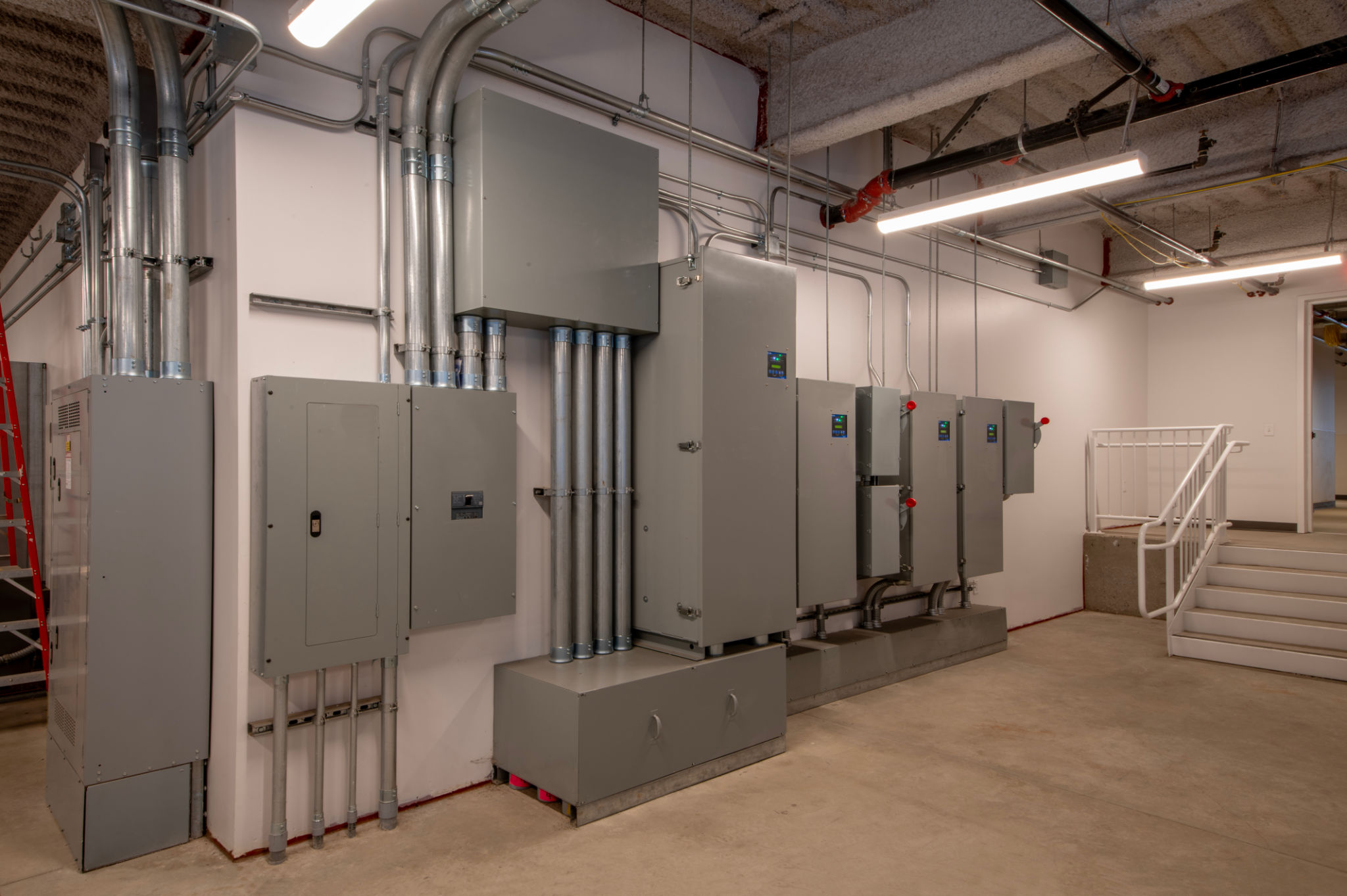Understanding Circuit Breaker Failures: A Guide for Homeowners in Spain
Introduction to Circuit Breakers
Understanding circuit breaker failures is crucial for homeowners in Spain to maintain a safe and efficient electrical system. Circuit breakers are essential components of your home's electrical infrastructure, protecting against overloads and short circuits. A malfunction can lead to power outages or, in severe cases, electrical fires. This guide aims to help you recognize potential issues and take preventive measures.

What Causes Circuit Breaker Failures?
Several factors can contribute to circuit breaker failures. Common causes include:
- Overloaded circuits: Excessive electrical demand on a circuit can cause the breaker to trip frequently.
- Loose connections: Poor connections can lead to overheating and eventual failure.
- Aging equipment: Over time, circuit breakers can wear out and become less effective.
- Environmental factors: Moisture and dust can affect the performance of breakers.
Recognizing the Signs of a Faulty Circuit Breaker
Being aware of the signs of a failing circuit breaker can help prevent more significant issues. Look out for these warning signs:
- Frequent tripping of the same breaker.
- Burning smell coming from the electrical panel.
- Visible damage or corrosion on the breaker.
- Unusual noises, like buzzing or humming from the breaker box.

Steps to Diagnose Circuit Breaker Problems
If you suspect a problem with your circuit breaker, it's important to take methodical steps to diagnose the issue:
Step 1: Identify which circuits are affected by the tripping breaker. This can help you pinpoint whether a specific appliance or outlet is causing the problem.
Step 2: Turn off all appliances connected to the affected circuit and reset the breaker. If it trips again immediately, the issue may be with the breaker itself.
When to Call a Professional
While some minor issues can be addressed by homeowners, certain situations require professional intervention. Call an electrician if:
- You notice scorch marks or burning smells from the panel.
- The breaker doesn't stay reset, even with no load.
- You lack confidence in handling electrical components safely.

Preventive Measures for Homeowners
Prevention is always better than cure. To avoid circuit breaker failures, consider these tips:
- Regular inspection: Have your electrical system inspected periodically by a qualified electrician.
- Avoid overloading circuits: Distribute electrical devices evenly across different circuits.
- Keep the panel clean: Ensure your electrical panel is free from dust and moisture.
The Importance of Regular Maintenance
Regular maintenance of your electrical system not only prevents potential failures but also extends the lifespan of your circuit breakers. Schedule routine checks and promptly address any issues that arise. This proactive approach will enhance safety and efficiency in your home.
By understanding and monitoring your circuit breakers, you can ensure a safer living environment while minimizing the risk of costly repairs. Stay informed and take action when necessary to keep your home's electrical system running smoothly.
